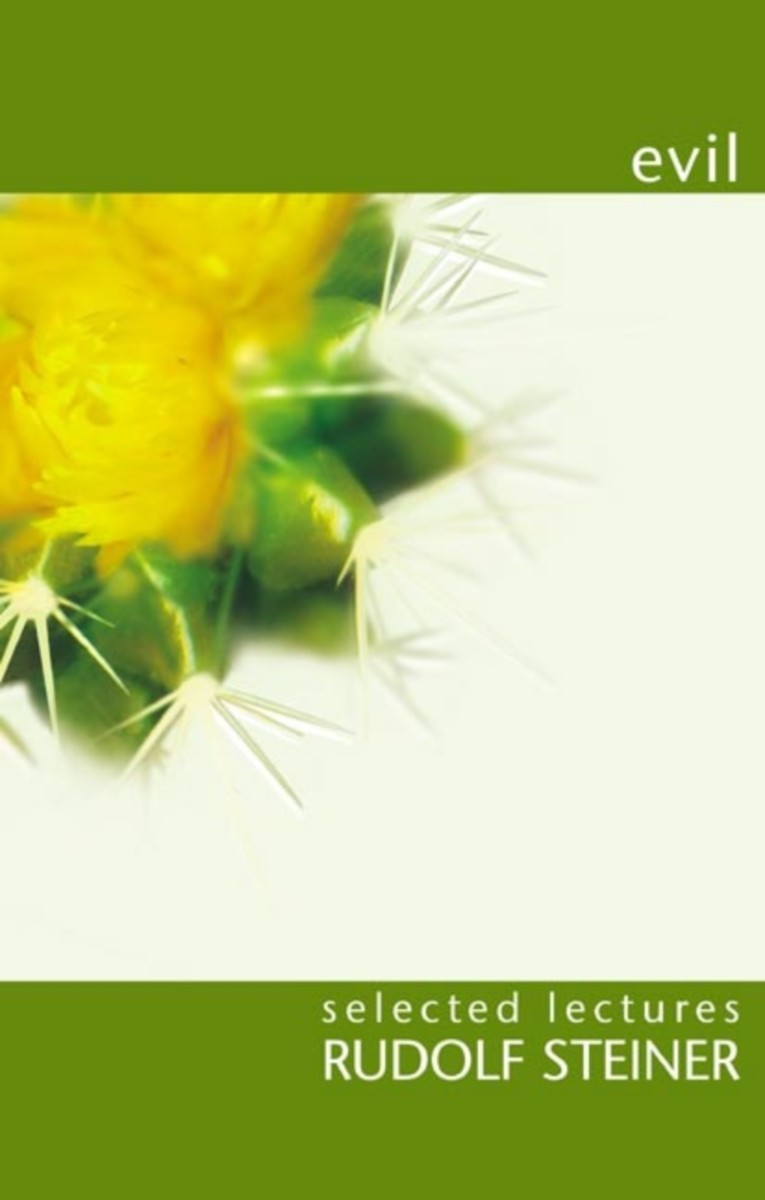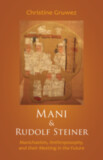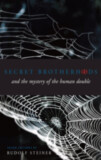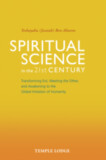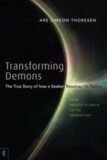Evil
Selected Lectures
- Publisher
Rudolf Steiner Press - Published
1st December 1997 - ISBN 9781855840461
- Language English
- Pages 224 pp.
This selection of lectures offers insights into the complexity of evil as a phenomenon that arises when an event or process appears outside its true context. As a result, something that is “good” initially may become “evil” because it occurs in the wrong place.
Steiner tells us that this as an effect of Lucifer and Ahriman, spiritual beings who work as polar forces and hinder human evolution by opposing our appropriate development. Confronting these difficulties, however, ultimately furthers our spiritual development.
C O N T E N T S:
Editor’s Introduction
1. Origin and Nature of Evil
Evil Illuminated through the Science of the Spirit
Good and Evil: Creation and Death
2. All Life Unfolds between the Polarities of Luciferic and Ahrimanic Forces
Christ, Ahriman and Lucifer in Relationship to the Human Being
The Relation of Ahrimanic and Luciferic Beings to Normally Evolved Hierarchies
3. The “Fall”: Consequences and Counterbalance
The Midgard Snake, the Fenris Wolf, and Hel
The Tree of Life and the Tree of the Knowledge of Good and Evil
4. The Intensification of Evil and the Task of Our Present Consciousness Soul Age
Supersensible Aspects of Historical Research
The Three Streams of Materialistic Civilization
5. “666” and the Future of Humanithy—The Task of Manichaeism
How Do I Find the Christ?
The Future of Human Evolution
Rudolf Steiner
Rudolf Steiner (b. Rudolf Joseph Lorenz Steiner, 1861–1925) was born in the small village of Kraljevec, Austro-Hungarian Empire (now in Croatia), where he grew up. As a young man, he lived in Weimar and Berlin, where he became a well-published scientific, literary, and philosophical scholar, known especially for his work with Goethe’s scientific writings. Steiner termed his spiritual philosophy anthroposophy, meaning “wisdom of the human being.” As an exceptionally developed seer, he based his work on direct knowledge and perception of spiritual dimensions. He initiated a modern, universal “spiritual science” that is accessible to anyone willing to exercise clear and unbiased thinking. From his spiritual investigations, Steiner provided suggestions for the renewal of numerous activities, including education (general and for special needs), agriculture, medicine, economics, architecture, science, philosophy, Christianity, and the arts. There are currently thousands of schools, clinics, farms, and initiatives in other fields that involve practical work based on the principles Steiner developed. His many published works feature his research into the spiritual nature of human beings, the evolution of the world and humanity, and methods for personal development. He wrote some thirty books and delivered more than six thousand lectures throughout much of Europe. In 1924, Steiner founded the General Anthroposophical Society, which today has branches around the world.


